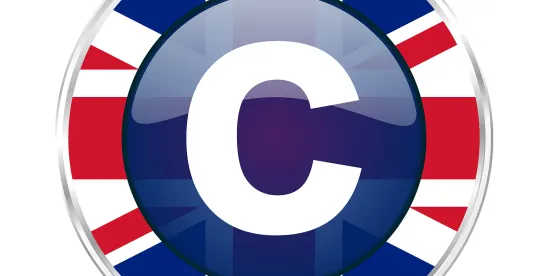UKIPO Issues New Guidelines Post Sky v SkyKick Ruling

The United Kingdom Intellectual Property Office (UKIPO) has released new guidelines for trade mark applicants following the landmark case of Sky v SkyKick, which was decided in December 2024. The court’s ruling emphasized that filing applications for overly broad specifications of goods and services without a genuine intention to use the mark could be deemed as acting in bad faith. The updated practice note aims to help applicants navigate common pitfalls in the application process.
Changes in Examination Practices
As part of these guidelines, UKIPO examiners are now tasked with actively determining whether the proposed specifications of goods and services are “manifestly and self-evidently broad.” This marks a significant shift, as examiners can now raise bad-faith objections during the examination phase, without waiting for third-party challenges. Upon receiving an examination report, applicants are provided with a standard two-month window to respond. They may either narrow the scope of their claimed goods and services or present arguments and evidence justifying their initial broad claims.
The new approach from the UKIPO aims to streamline the examination process and ensure that applications are grounded in a genuine intent to use the mark. This shift is expected to increase the number of examination reports issued, as examiners will scrutinize applications more closely for potential bad-faith concerns.
Guidelines for Compliance
To comply with the updated guidelines, applicants should consider the following recommendations when preparing their trade mark applications:
1. **Fair Claims**: Applications should include goods and services that represent fair and reasonable claims in relation to the applicant’s business activities. This is crucial for establishing the legitimacy of the application.
2. **Specificity Matters**: It is advisable to avoid overly broad terms unless there is a clear intent to use them. For example, terms such as “computer software” should be specified further to indicate the exact type of software intended for use.
3. **Narrower Specifications**: When possible, opting for narrower specifications can mitigate the risk of ex officio objections, which may prolong the registration process. If broader terms are necessary, they should be accompanied by specific sub-categories.
4. **Documentation**: Maintaining thorough records, including business plans and market research, is essential. These documents can provide valuable justification for the inclusion of each term in the application should the UKIPO request additional information.
Implications for Applicants
The shift in the UKIPO’s examination strategy may lead to longer processing times for trade mark registration, as applicants may face increased scrutiny and a greater likelihood of receiving examination reports citing bad faith objections. Engaging in a more substantial dialogue with examiners could also become commonplace, as they may request internal records to substantiate claims made in applications.
Overall, the new guidelines from the UKIPO reflect a growing emphasis on the integrity of trade mark applications. Applicants are encouraged to adopt a careful and strategic approach when drafting their applications to align with these updated practices.






